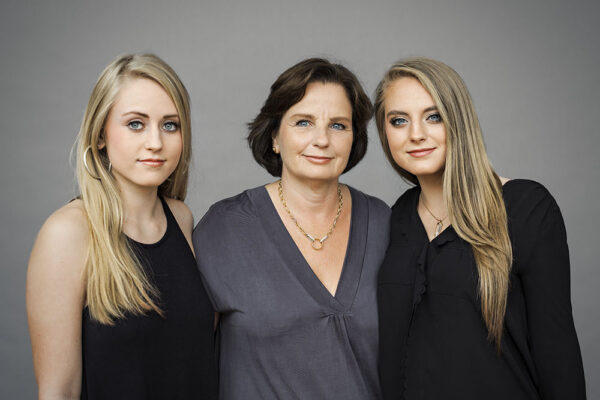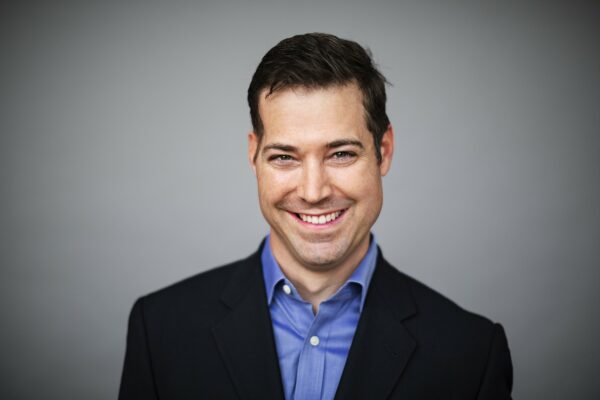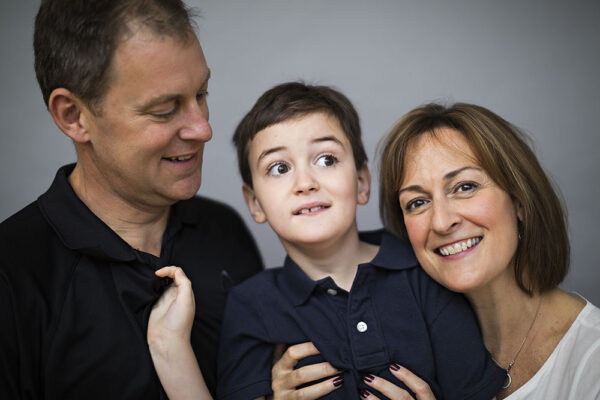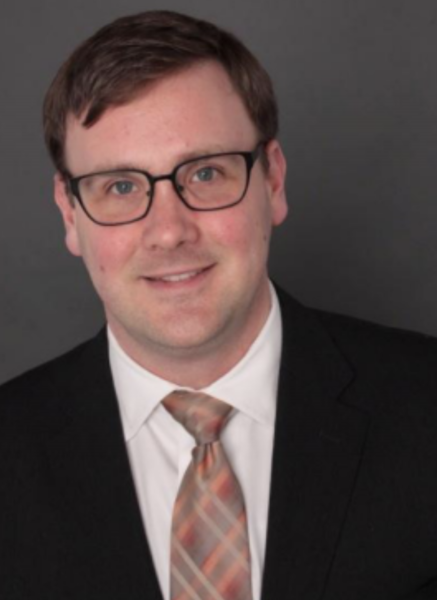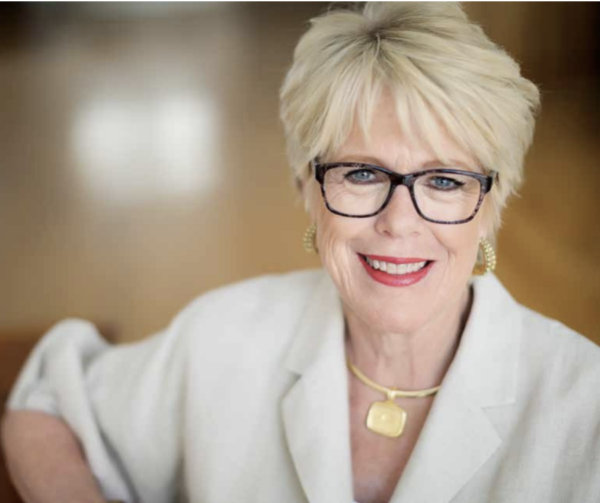
Cindy Macfarland described her father as a classic people person, a man who loved spending time with his family and many circles of friends, and interacting with his clients. But then memory problems set in and all that changed.
Cherish people you care for, no matter what.
Little by little, Cindy’s father was less and less able to be himself. In large groups of people he would withdraw and not engage—something that was so unlike his typical enthusiasm for people. This led to fewer social interactions.
The gift of time.
“At dinners and parties,” Cindy recalled, “My mom and I would always sit myself next to my dad and take whatever time he needed in a conversation. When someone has dementia or memory loss, you need to be patient and wait for him.” Sadly, Cindy, like so many others, has had an opportunity to not only help her father through his dementia, but also other family members and friends. Moreover, she feels confident that more and more people will share her experience as we continue to live longer.
What we can do…now.
More than advice, Cindy has two urgent invitations. One, stay connected to people who have dementia to help them through the journey. Two, support neuroscience research through the BRF.
“I give every year because we have to find our way to a cure, or at least something that stalls the process,” she said. “I understand that the BRF was one of the first organizations to believe in the potential for neurological research. I know they’ve convinced me through their progress and determination.”
“We need to ensure that the BRF can continue to deliver on the promise it made 60 years ago to fund leading-edge neuroscience research.”
